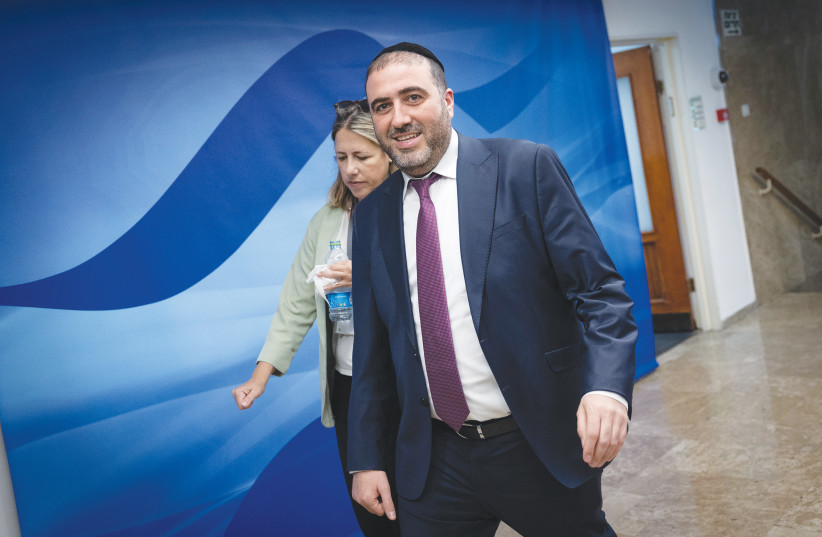Israel's municipal elections will take place on January 30 as planned, Interior Minister Moshe Arbel announced on Tuesday after he had been asked to postpone them because of the war.
The elections were supposed to have taken place on October 31 but were pushed off following the outbreak of the Swords of Iron War on October 7. Arbel was given the power to delay them by another month if necessary but said that they would go ahead on January 30 in most of the country even if the war is still ongoing.
The cities where elections will not take place are those that have been evacuated. In these places, the elections will be held no less than five months after the war ends and the residents return.
Arbel said he made the decision not to delay the elections again after meetings with professionals in the Interior Ministry and the security forces after which he concluded that another delay was unnecessary.
To enable candidates to run campaigns and prepare for the elections, Arbel asked the IDF's Human Resources to release any serving candidates from active duty.

"The right to vote and be elected is a first-rate constitutional right which exists in times of emergency as well," he said. "Just as the country has to ensure soldiers' right to vote in the elections, it also must ensure that reserve soldiers' right to be elected isn't harmed. As such, the army's orders were phrased in such a way as to ensure that a municipal elections candidate will not be called up."
Criticism from politicians
Arbel's decision to go forward with the elections on January 30 was met with criticism from politicians who claimed that elections in the current circumstances would give an unfair advantage to certain parts of the population.
Deputy Jerusalem Mayor Hagit Moshe said that the elections would give an advantage to the ultra-Orthodox community, most of whom do not serve in the army.
"During a war, we have to do everything to maintain unity and prevent disagreements, which is exactly what the elections may cause," she said. "Doing so would give a specific sector a clear advantage over other sectors who are fighting for the continuity of the only democracy in the Middle East which is absurd and will lead to a real threat to the fabric of life in cities and local authorities."
Finance Minister and Religious Zionist Party leader Bezalel Smotrich urged Arbel to reconsider given that 66 of the party's candidates are currently serving.
